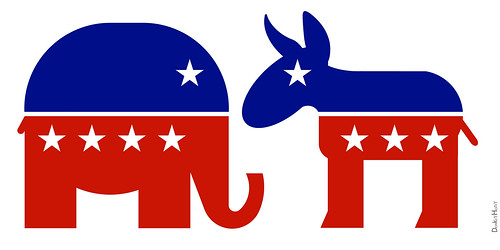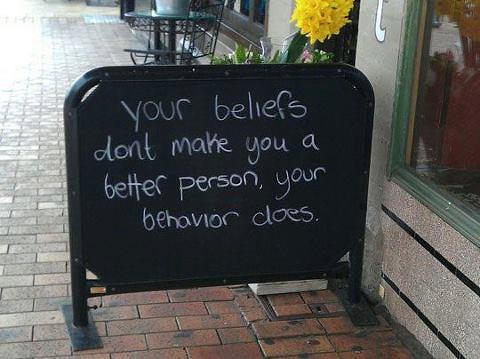(Possibly the last in the quotes to start the week series?*)
I had this week’s quote all picked out on Sunday, but got busy and didn’t write and post this yesterday as I should have.
Why should I have posted it yesterday? Because yesterday was the birthday of Blaise Pascal (19 June 1623 – 19 August 1662), whose quote I wanted to focus on (or “on whose quote I wanted to focus,” if we’re feeling more grammatically pedantic this afternoon). Pascal was a renowned mathematician, invented a series of calculating machines, and was also a prominent Catholic theologian. In his Pensees (1669; literally, “thoughts”), he wrote,
Since we cannot be universal and know all that is to be known of everything, we ought to know a little about everything. For it is far better to know something about everything than to know all about one thing. This universality is the best. If we can have both, still better; but if we must choose, we ought to choose the former.
I like that a lot. It’s one thing to develop some sort of expertise, and even to be recognized as an expert, but life is so grand and glorious that to stay cloistered in one thing — no matter how expansive and rewarding that one thing might be — would be to miss out on so much more that the universe has to offer.
At the very least, knowing a little bit about a lot of things makes it easier to converse with a wider variety of people; and that in itself can expand our personal horizons.

(Image: “Knowledge-sharing,” from Wikimedia Commons.)
So, let’s learn something new this week!
___
*This series has been running a little over a year. It was fun when it started, and I’ve enjoyed finding quotes that I thought were interesting, but I’m not sure how much value it has for other folks. If it has any value for you, let me know, because I’m considering moving on to different things. Thanks! GR










